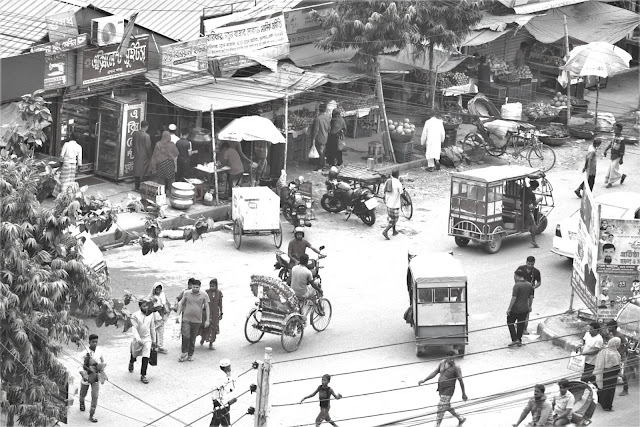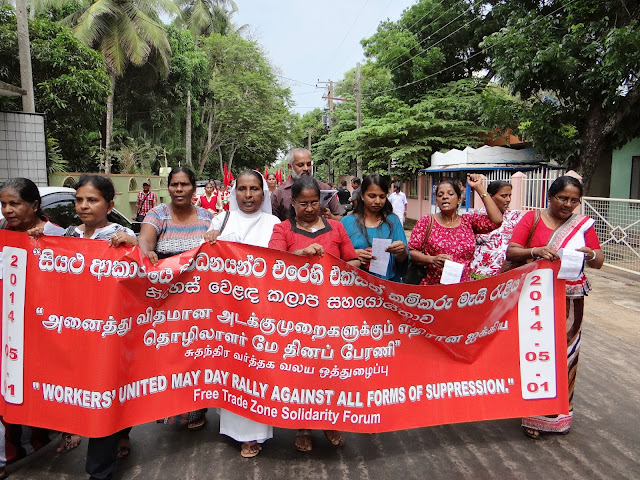Back to the future: Integrated Rural Accessibility Planning (IRAP) for a post-COVID world

I have worked in rural transport for a decade and have been out of the sector for even longer. but as a colleague once observed, you can take the woman out of transport, but you can’t take transport out of the woman, which is why, probably, I have been thinking about the implications the current COVID 19 crisis on transport provision, especially for marginalised women (and men) and children in rural areas. Where I live right now, in Malaysia, containment measures for the COVID 19 virus goes under the apt name of ‘movement control’ which though it still is about control sounds less carceral than the term ‘lockdown’. At different stages of this MCO (as Malaysians call it) we have been allowed limited access to different spaces. Right now, the RMCO (recovery movement control order) is relatively relaxed and for the most part it would seem that in Malaysia at least we can move about freely, while wearing masks in public spaces and adhering to social distancing protocols. Of course th
